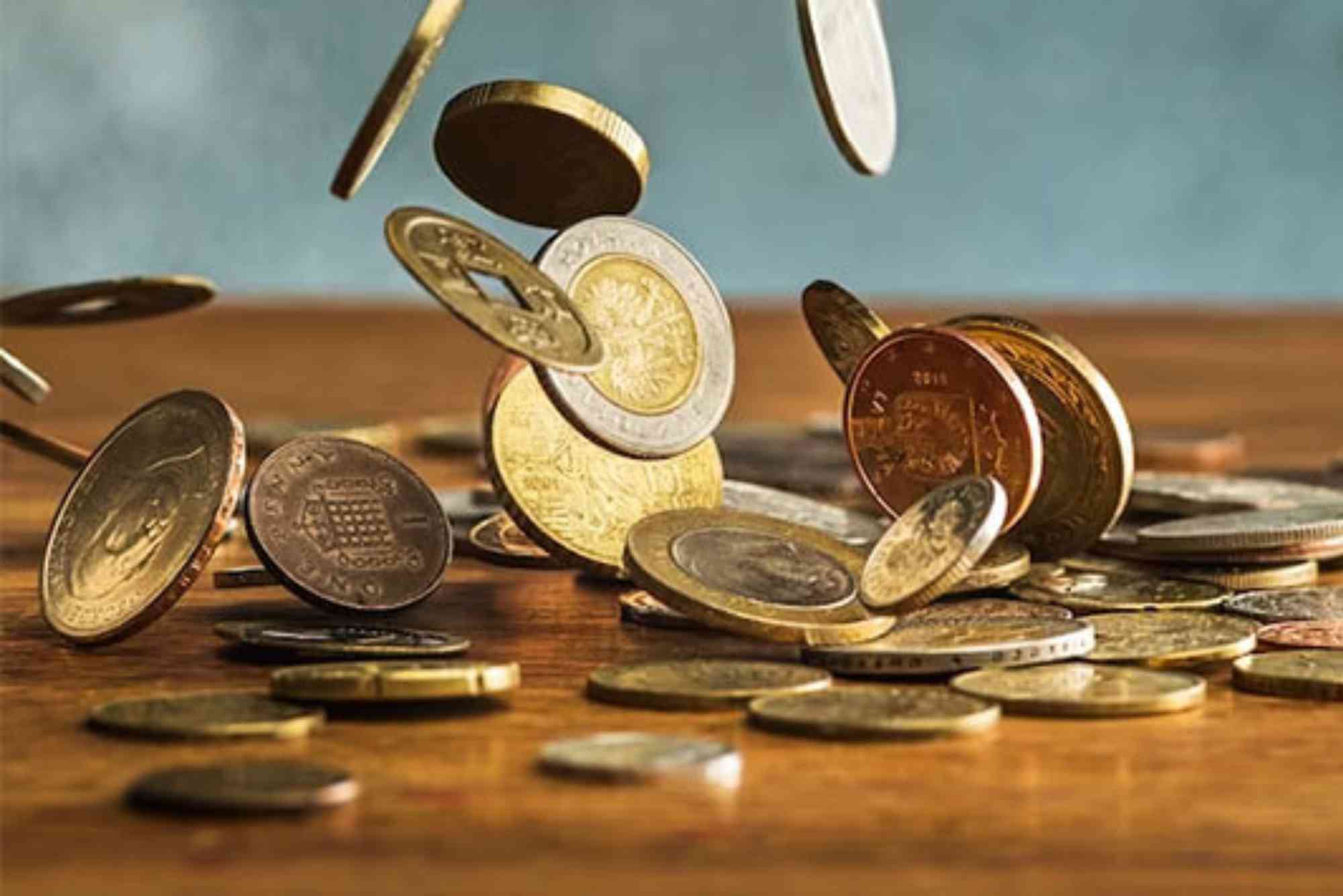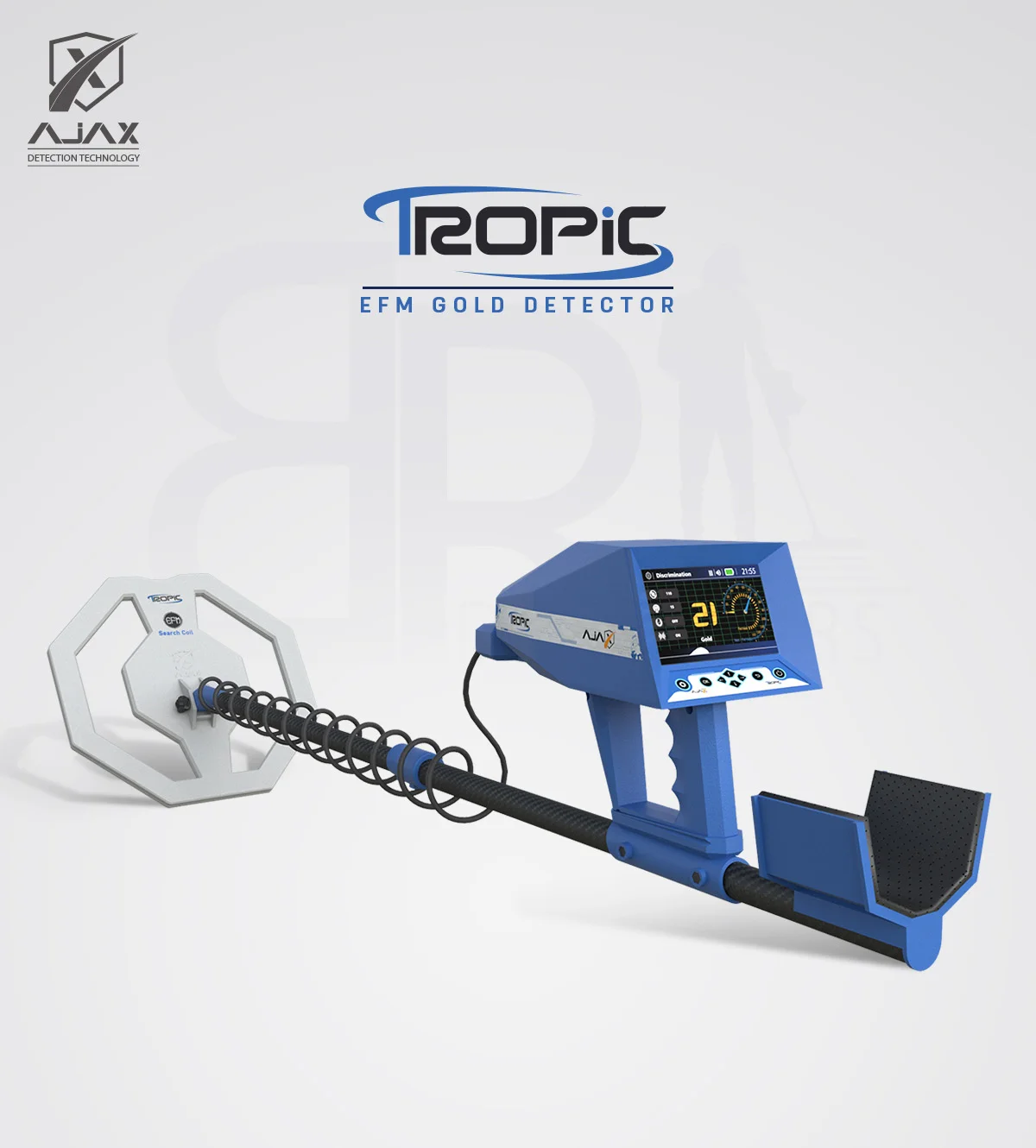Introduction
The word exchange is one of those terms that travels easily across different contexts, from everyday conversations to complex economic systems. When we hear the word, the first thing that often comes to mind is money or trade, yet its meaning stretches further. To fully understand the richness of the term, it helps to look not only at its definition but also at its many synonyms and uses across different settings. In this guide, we will explore the concept of exchange, how its synonyms apply, and why the term carries significant weight in areas like currency trading, digital communication, and cryptocurrency. Since language constantly evolves alongside technology and culture, examining the word in both traditional and modern contexts is essential. The main keyword, exchange synonym, becomes the perfect starting point for this exploration.
Understanding the Core Meaning of Exchange
At its root, exchange refers to the act of giving one thing and receiving another in return. This transaction can be tangible, like trading goods in a market, or intangible, like sharing ideas in conversation. The idea of reciprocity sits at the heart of the definition, showing that exchange is rarely one-sided. Synonyms for exchange help us grasp its nuance: words like trade, swap, interchange, transaction, and barter all highlight different shades of meaning. For example, while barter suggests a direct trade of goods without money, transaction emphasizes the financial or formal aspect. These exchange synonyms are not identical, but they overlap in ways that enrich our understanding.
Why Synonyms Matter in Context
Using the right exchange synonym depends on context. In finance, transaction is often the preferred term, while in casual speech, people might say swap or trade. In philosophy or communication studies, interchange might better describe the flow of ideas. This flexibility makes exchange a powerful word, bridging disciplines and industries.
Exchange in Historical and Economic Contexts
Throughout history, human progress has relied on systems of exchange. Ancient barter economies, where people traded goods and services directly, gave way to the use of money as a medium of exchange. This shift enabled more complex markets and the development of global trade networks. The word exchange became associated not just with personal interactions but with institutions like stock exchanges and currency exchanges.
The Currency Exchange System
Currency exchange remains one of the most familiar applications today. Tourists changing money at airports, businesses conducting cross-border transactions, and governments monitoring exchange rates all depend on this system. Here, synonyms like conversion, trade, and transaction become relevant, each highlighting different aspects of the process. For instance, conversion emphasizes the technical act of turning pesos into dollars, while trade highlights the underlying economic activity driving the demand for currencies.
The Rise of Digital Exchange
The digital era expanded the meaning of exchange beyond physical goods and currencies. Online platforms encourage the exchange of information, data, and even attention. Social media operates on an exchange model: users provide content or engagement, and in return, they receive visibility, entertainment, or connection. While this might not feel like an economic transaction in the traditional sense, the principles of reciprocity and value exchange still apply. Synonyms like interchange or sharing often fit these digital contexts better.
Exchange in the Workplace
In business environments, exchange often refers to the transfer of knowledge or collaboration between colleagues. Professionals exchange ideas during brainstorming sessions, managers exchange feedback with employees, and companies exchange value with customers through products and services. In these cases, the exchange synonym interchange may describe the back-and-forth flow of communication, while trade may reflect the value-driven nature of business interactions.
Exchange in Cryptocurrency and Blockchain
Perhaps the most transformative modern use of exchange is in the cryptocurrency industry. Crypto exchanges allow users to trade digital assets like Bitcoin, Ethereum, and countless other tokens. These platforms function as the modern equivalent of currency exchange bureaus, but with a digital-first approach and global reach. Here, the synonym transaction becomes critical, as every action on a blockchain is recorded as a verifiable transaction.
The rise of crypto has also added complexity to the concept of exchange. Unlike traditional markets, crypto exchanges operate 24/7, across borders, and often without central oversight. This global and decentralized nature shows how the word exchange has adapted to new financial realities. It also demonstrates how flexible the synonyms of exchange need to be. In crypto, words like trade, swap, and conversion are used interchangeably to describe activities like converting Bitcoin into stablecoins or swapping tokens on decentralized platforms.
Cultural and Linguistic Uses of Exchange
Beyond money and technology, exchange also functions in cultural and social contexts. Think of student exchange programs, where the term suggests not just travel but mutual cultural learning. Another example is the exchange of vows in a wedding, emphasizing deep personal commitments. In these moments, synonyms like sharing or interchange capture the spirit more accurately than trade. This highlights the versatility of exchange across both emotional and economic dimensions.
Common Exchange Synonyms in Practice
While synonyms may seem straightforward, their nuances influence meaning. Trade often suggests business. Swap feels casual and personal. Transaction carries formality and structure. Interchange highlights mutual flow. Conversion stresses transformation. Understanding these distinctions helps writers, students, and professionals use the most precise word for their purpose.
FAQs
What is another word for exchange in business?
In business contexts, synonyms like transaction or trade are commonly used. They emphasize the formal and financial aspects of exchange.
What’s the difference between exchange and interchange?
Exchange is broader, covering any act of giving and receiving, while interchange highlights a mutual back-and-forth, often used in communication contexts.
Which synonym of exchange is best for cryptocurrency?
Transaction or trade works best. In crypto, every movement of funds is a transaction, while trading refers to buying and selling digital assets.
Is barter still a synonym for exchange today?
Yes, barter remains a synonym, though it specifically refers to direct trade of goods or services without money involved.
What is the synonym of exchange in relationships?
In relationships, words like sharing or interchange often replace exchange, as they better reflect emotional or communicative value.
The word exchange may seem simple, yet its uses are vast and adaptable. From ancient barter systems to cryptocurrency markets, the concept continues to define how humans interact and trade value. Its many synonyms—trade, swap, interchange, transaction, and conversion—allow us to apply it accurately across contexts, whether in finance, communication, culture, or technology. Recognizing the nuances of each synonym ensures more precise language and a clearer understanding of the interactions shaping our world.




